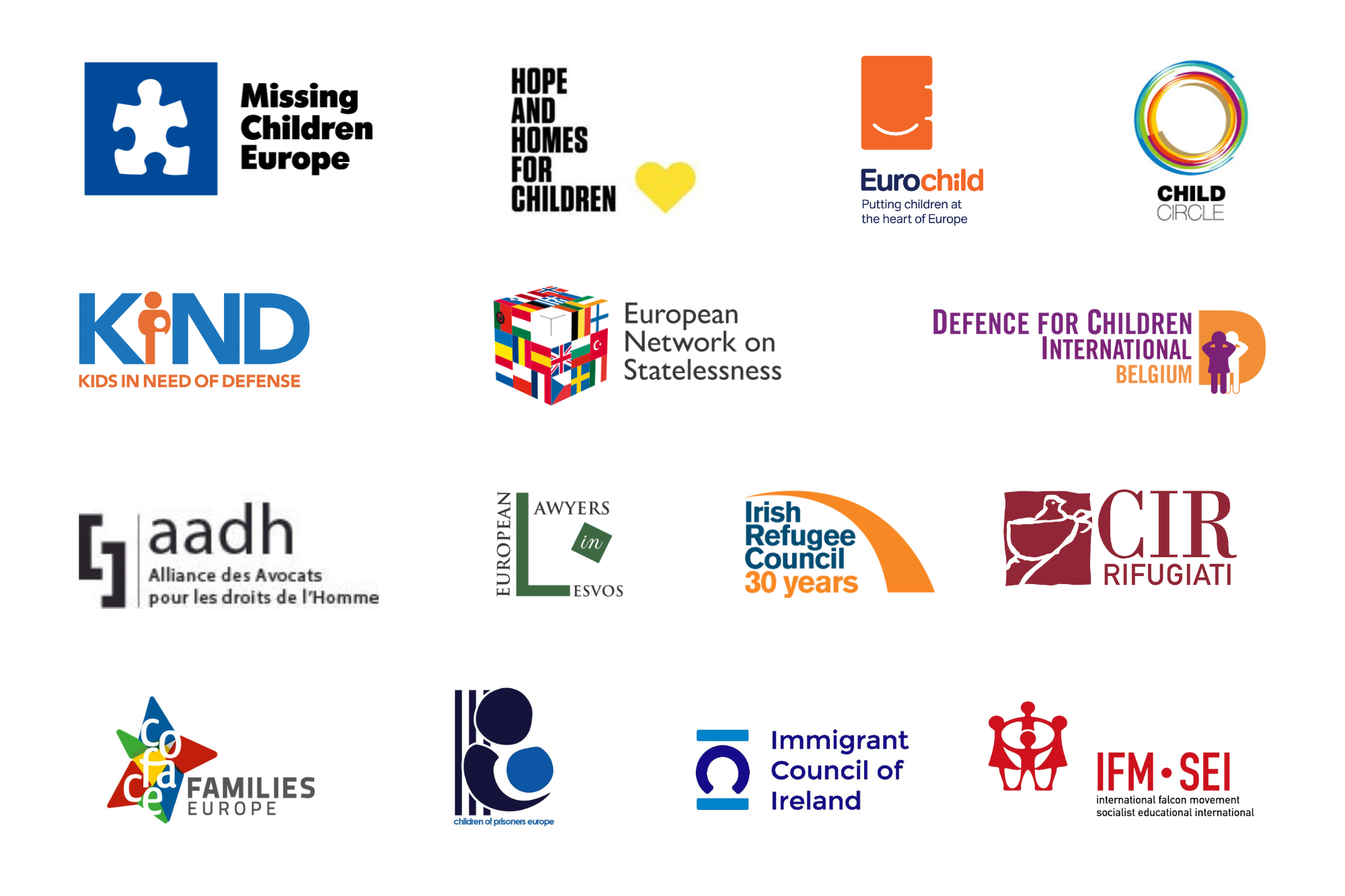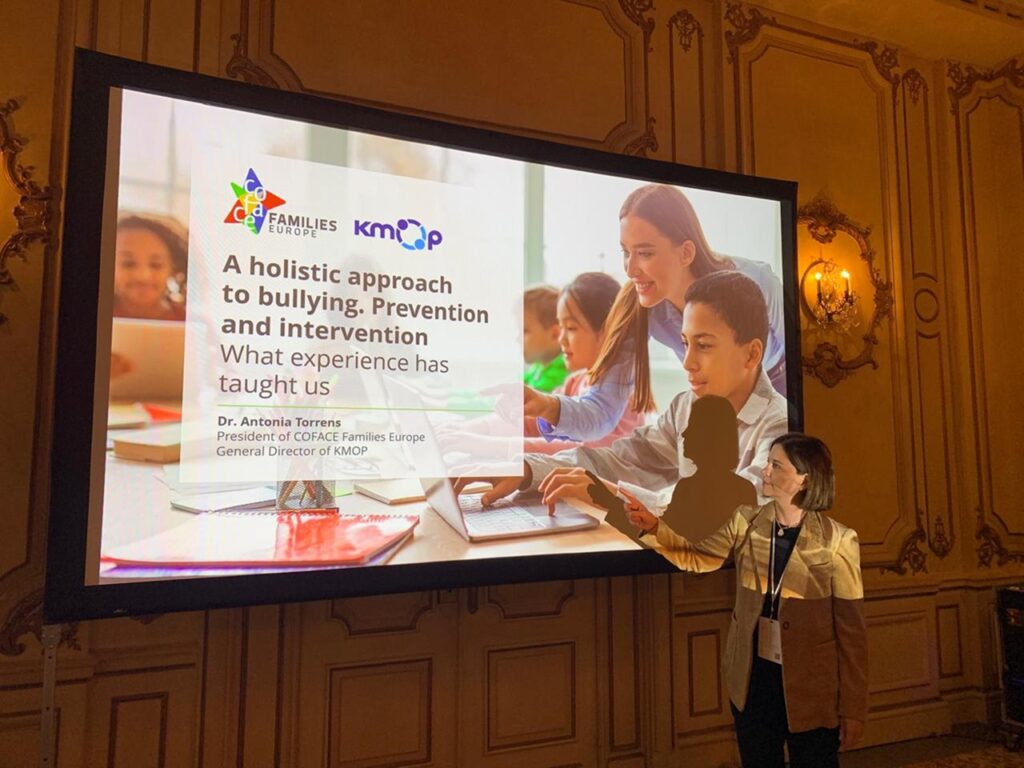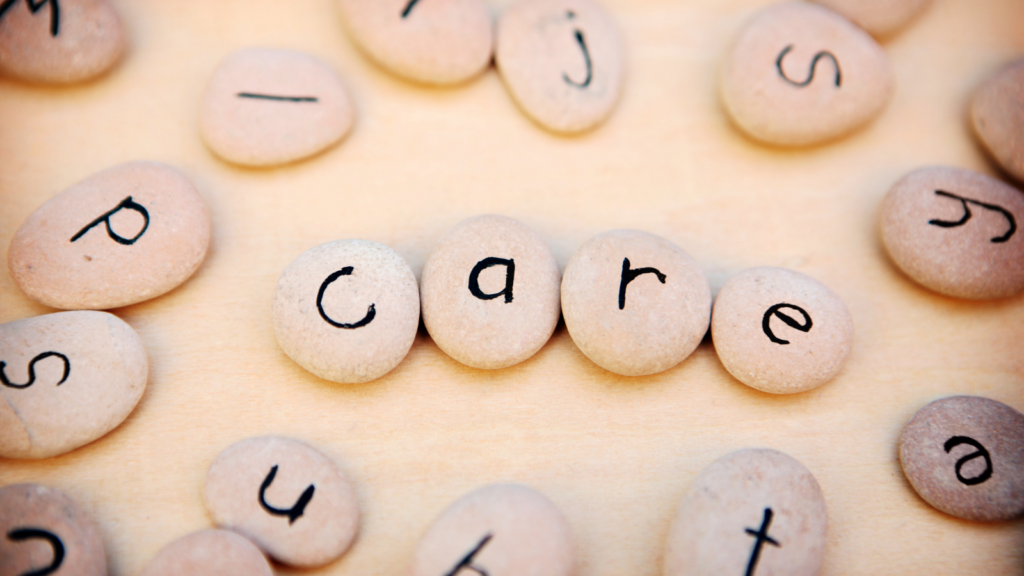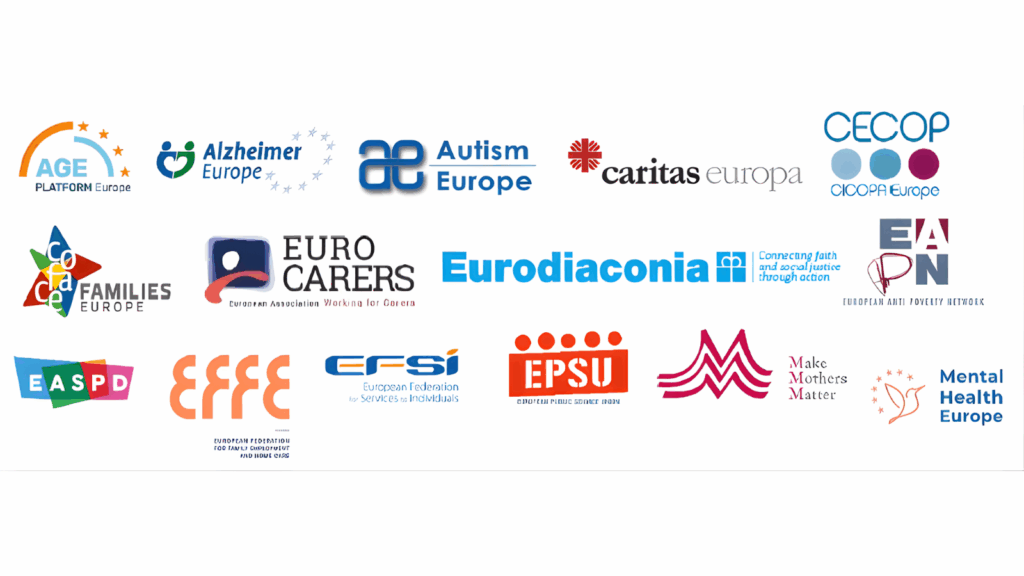24 February 2023
One year since Russia’s full-scale invasion of Ukraine: Call for strengthened protection and care systems to support children and young people
A year has passed since the escalation of the conflict in Ukraine, which has affected and displaced millions of children. Despite the international community’s repeated calls for the withdrawal of Russian troops from Ukraine, the plight of children and young people caught in this atrocious war remains with little end in sight.
Children are among the most vulnerable in times of war, with their fundamental rights consistently violated: they face unimaginable fear, risk their lives or being physically and psychologically harmed, as well as risk being separated from their families and facing the horrors of war, alone. Those children who must endure war without the protection of a family face even more risks of going missing, being exploited, abused or trafficked. Their well-being, and access to protection and care must be a priority for European and national authorities.
Drawing on lessons from the past year, the undersigned European civil society organisations advocating for the rights of children from Ukraine and beyond, address to European and national authorities our recommendations to ensure all children affected by the war receive the care and protection they need to remain safe and healthy.
Above all else, we call on the international community to urgently work towards cessation of hostilities, intensifying diplomatic efforts in this regard, so all children can live in peace, again.
The co-signatories call on, international, European Union and national authorities, to prevent and respond to child protection risks that threaten the well-being of children within and those fleeing Ukraine outlined:
A Child-Centred Humanitarian Response: A Key Building Block for Recovery
Considering the acute need for humanitarian aid across Ukraine, and to ensure children remaining in the country are safe and receive the services they need:
- Secure safe and unhindered access, including across conflict lines, for humanitarian assistance to reach all those in need, particularly those in vulnerable situations.
- Embed children’s needs in donors’ aid strategies. Increase immediate, flexible funding to child protection programming, including, as a priority, strengthening family-based care options, GBV, expanding the social service workforce, and investing in family focused mental and health psychosocial support.
- Allocate sufficient and dedicated humanitarian aid funding to children’s immediate, medium and long-term physical and psychological needs. Children experiencing war face intolerable emotional trauma and psychological pressure and they must receive the support the need to recover.
- Increase financing to education and other services that provide protection and support to children including child protection, mental health and psychosocial support services.
- Ensure that humanitarian response plans do not create a parallel system to those that already exist in the country, but rather contribute to system strengthening, recovery and reconstruction.
Uphold International Humanitarian Law and Advance Accountability
We denounce the grave violation of human and children’s rights that have been occurring in the midst of war. To combat the infringement of children’s rights in this context of humanitarian crisis:
- Take diplomatic action to ensure respect and fulfilment of the provisions set out in the Fourth Geneva Convention, with regards to respecting children’s rights including the right to identity and nationality.[1] The illegal adoption, change of personal identity, deportation and forcible transfer of children to the occupying power should be immediately stopped.
- Facilitate mechanisms for determining forcibly transferred children’s whereabouts, assist in family tracing and ensure safe process of family reunification, as well as repatriation journey or transfer from the Russian Federation or Russian occupied territories to Ukraine or to a safe third country.
- Take steps to ensure that those responsible for violations of international law and international human rights law are held to account, including through asking for the establishment of the United Nations Monitoring and Reporting Mechanism (MRM) on grave violations committed against children in Ukraine.
- Encourage all relevant national and international accountability mechanisms for Ukraine to capture the full spectrum of violations and war crimes affecting children within their documentation, investigation and prosecution processes; this includes politically and financially supporting gender and child-dedicated expertise in relevant accountability mechanisms.
Equal Access to Child Protection Services for Internationally Displaced Children in EU Member States
To ensure refugee children fleeing Ukraine are provided with the protection and services they need in host countries and to avoid the emergence of parallel systems of care:
- Commit to providing long-term protection for all internationally displaced children fleeing Ukraine, ensuring that children can fully access their rights to quality care and protection in countries of reception.
- Support local communities in host countries through policies and funding to initiate inclusion and to support programs for children coming from Ukraine, to allow them to regain a sense of normalcy and belonging as swiftly as possible.
- Provide psychosocial support and counselling services with adequate interpretation for children and their families fleeing the war.
- Ensure that EU Member States take action to fully integrate children deprived of family care fleeing the war, including unaccompanied and separated children and children from institutions, into national child protection systems and benefit from all services and protection thereby provided, in line with the EU Council’s political statement on the protection of displaced children from Ukraine.[2]
- Ensure clear, child-friendly, legal information is provided to unaccompanied minors and children. Access to publicly funded legal assistance providers who have specialised skills and knowledge to address children’s cases must be prioritised. The EU should encourage and support pro bono efforts across the European legal community to assist in the provision of information on a wide range of legal issues and providing other forms of case management support.
- Support the development of forms of guardianship needed to meet the needs of unaccompanied and separated children who are displaced from Ukraine, including supporting exchange of experience and good practice within the European Guardianship Network.
- Develop equitable protection responses for those fleeing from other situations of violence, in accordance with international human rights law. Ensure coherent and humane reception of children on the move, regardless of their nationality in line with the UN Convention on the Rights of the Child and guidance from the UN Committee on the Rights of the Child.
Beyond the war: Reforming the Ukrainian Child Protection System
To ensure the rebuilding of a just and sustainable child protection system in the process of the reconstruction of Ukraine, and to turn the tide on the previous harmful institutional-based child protection and care system:
- Ukrainian authorities must focus their efforts on reconstructing a family and community-based care system, and the EU must actively support the national effort in this regard to achieve reform. The EU should mandate care reform and transition to quality family and community-based care systems as a criterion for EU accession, in line with the European Commission’s opinion on Ukraine’s application for membership of the EU.
Exclude the creation and refurbishment of institutions for children in Ukraine from humanitarian and development funding streams. This includes guaranteeing that funding streams allocated to the reconstruction of Ukraine is used for the transformation from institutional to community and family-based care and the development of the necessary services.
- Unlock funding and technical assistance to establish, in consultation with civil society and child protection experts, guidance for the Ukrainian government throughout the process of reform. All reform efforts must be evaluated and monitored periodically to assess their progression.
- The reform of the child protection and care system will need to include specific measures to support, the mental health of children and young people, for whom fleeing the war will inevitably cause long-term damage.
You can access the PDF of the joint statement here.
[1] Article 49 prohibiting the forced transfer of protected persons from the occupying territory to the occupying power and Article 50, prohibiting change of children’s personal status, including nationality, by an occupying force
[2] Agenda: Political statement on the protection of displaced children from Ukraine in the context of Russia’s war of aggression against Ukraine | polit-x.de





